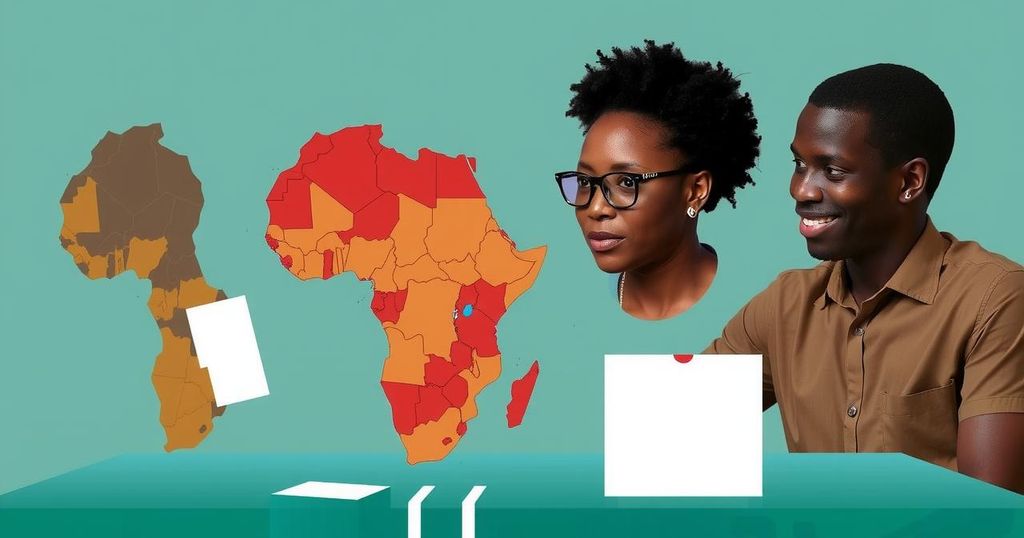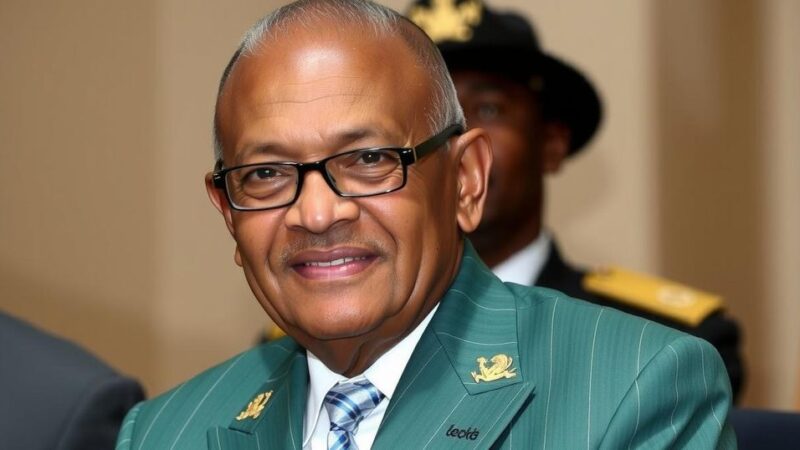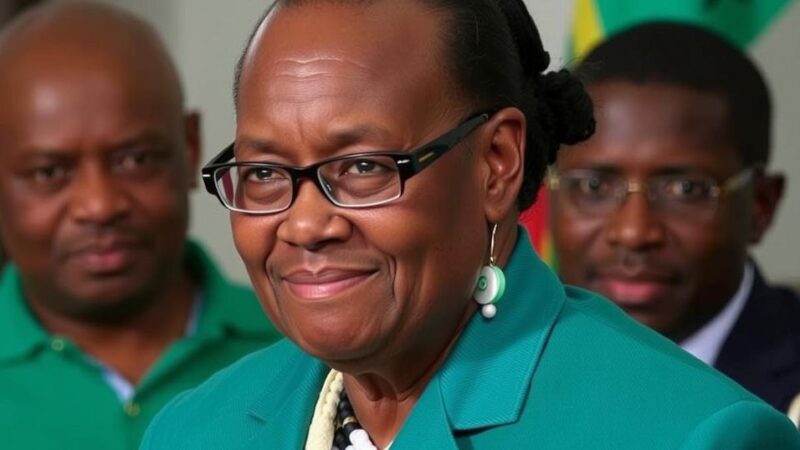The 2024 elections in Southern Africa revealed significant declines in support for long-governing liberation parties, as younger voters prioritized economic performance and governance over historical legacies. Notable outcomes included the victory of opposition parties in Botswana and South Africa, alongside mounting unrest in Mozambique and Comoros, signaling a shift towards demand for more accountable leadership in the region.
In the 2024 elections across Southern Africa, traditional liberation movements faced significant declines, indicating a shift in voter priorities and demographics. In a region generally characterized by democratic stability, the long-standing goodwill towards these parties has dissipated due to persistent economic challenges, particularly among younger voters who are more concerned with job opportunities and governance than historical legacies. Political scientist Nic Cheeseman emphasized this generational change, noting that younger voters prioritize employment and dignity over memories of liberation.
Botswana experienced a noteworthy political shift as its ruling Botswana Democratic Party, which governed since the nation’s independence in 1966, was ousted in a dramatic opposition victory. President Mokgweetsi Masisi conceded defeat even before the final vote count, marking the end of an era and showcasing the electorate’s dissatisfaction with the government’s handling of economic issues.
Simultaneously, the African National Congress (ANC) in South Africa lost its majority during the May elections, a milestone that forced the party to form a coalition government, signifying a dramatic change in the political landscape that has persisted since the end of apartheid.
In Namibia, despite a historical win for SWAPO’s Netumbo Nandi-Ndaitwah as the first female president, the party barely retained a majority, indicating electoral unease. Nicole Beardsworth highlighted that voters’ faith in democratic processes may present challenges for ruling parties, as seen with the SWAPO’s worst parliamentary performance since independence in 1990.
Furthermore, unrest followed elections in Mozambique, where Frelimo maintained power amidst protests against the electoral results, leading to violence and fatalities. The political climate in Comoros mirrored this instability as protests erupted after the incumbent president’s re-election. Political dynamics in the region exemplify a broader trend of youth discontent and desires for accountability and responsiveness from their governments.
Notably, developments in Mauritius and Senegal evidenced regional trends towards change, with new leadership emerging that resonates more with younger populations. As citizens express their disillusionment with the status quo, the wave of electoral shifts across Africa signals a larger demand for government accountability and an end to political stagnation.
The article analyzes the electoral transformations occurring in Southern Africa during the 2024 elections, highlighting the decline in support for traditional liberation movements amidst growing economic discontent and changing demographics, particularly among younger voters. In a region known for its relative stability compared to other areas of Africa, these elections signaled a notable shift in political landscapes, with citizens increasingly prioritizing effective governance over historical legacies. The rise in youth dissatisfaction poses challenges for long-standing parties as they navigate new expectations for political performance and accountability.
The 2024 elections marked a pivotal moment in Southern African politics, characterized by a decline in the influence of traditional liberation movements amid rising youth expectations and economic frustrations. With significant electoral losses for parties like the ANC and BDP, as well as broader unrest linked to electoral outcomes in Mozambique and Comoros, there is a clear indication that voters, particularly the younger demographic, are seeking leadership that addresses contemporary issues rather than relying on historical narratives. The political landscape is rapidly changing, underscoring the need for adaptation among long-standing parties to retain their relevance.
Original Source: abcnews.go.com







